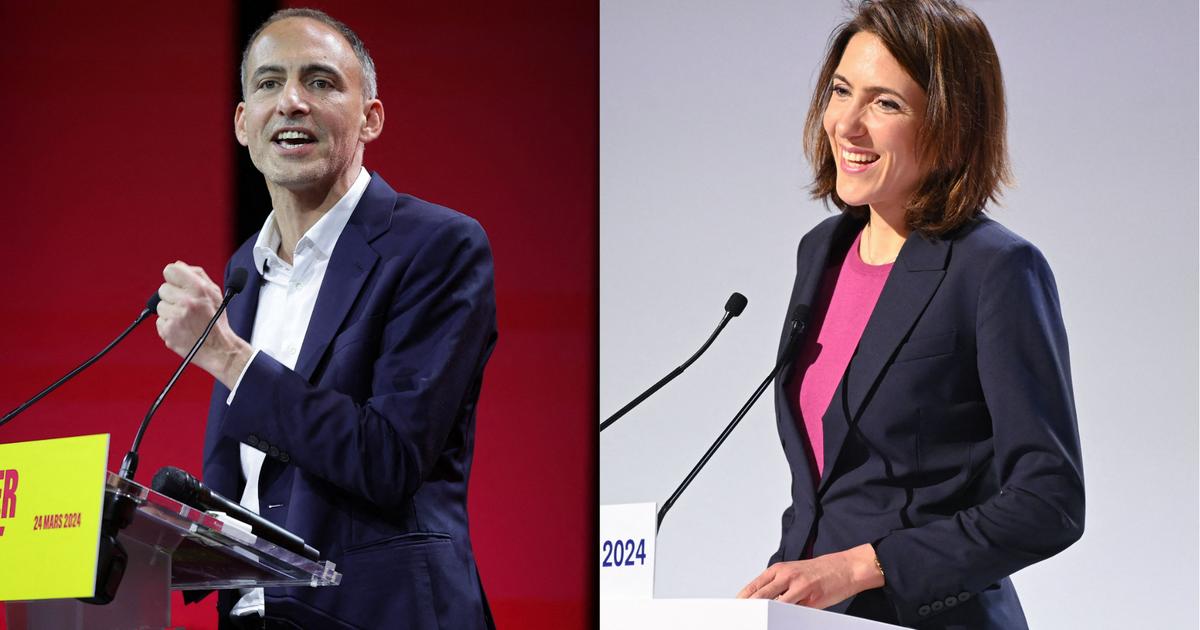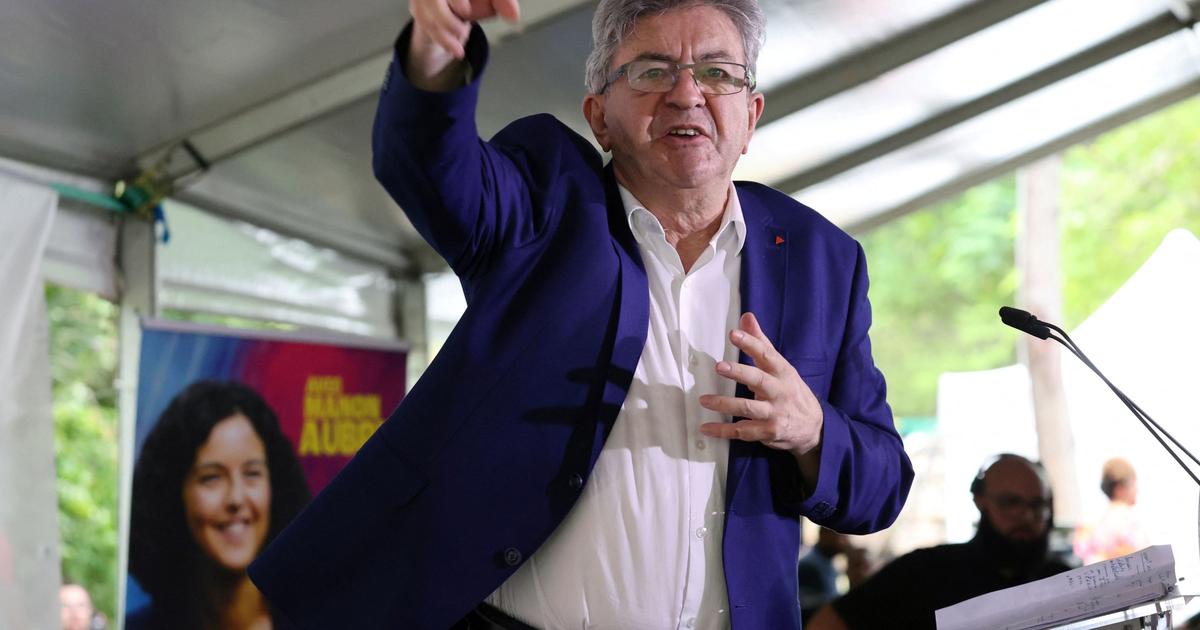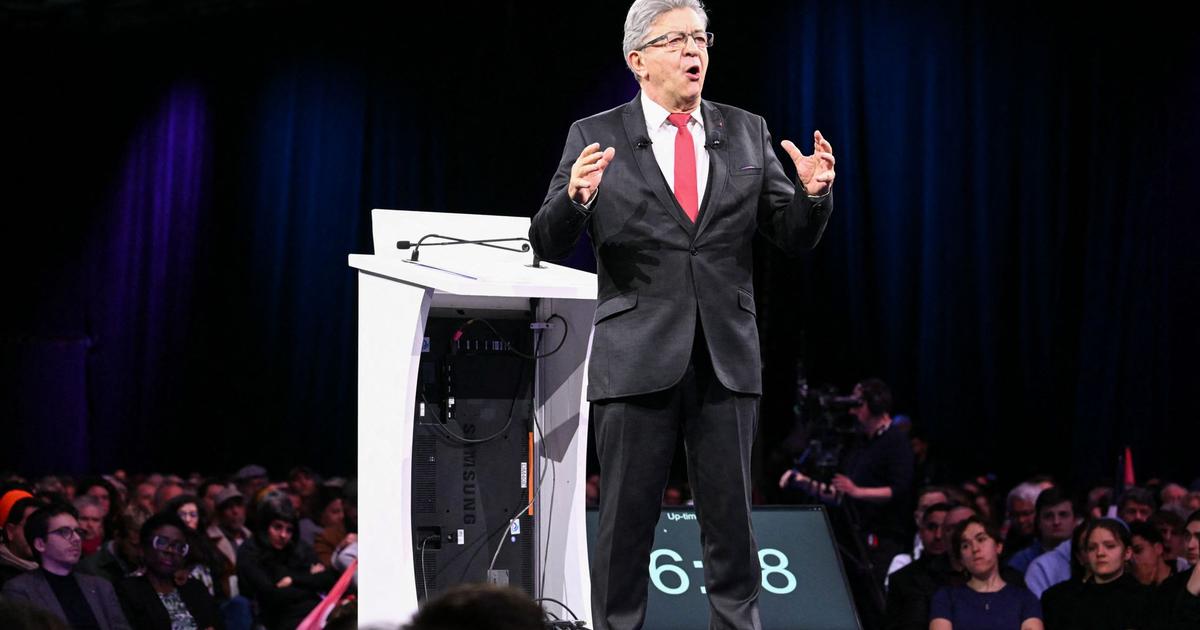Laurent Chalard is a geographer and works at the European Center for International Affairs. Find him on his
personal blog
To discover
Find all the results of the legislative elections
FIGAROVOX. - The results of the 1st round of the legislative elections were marked by the very important score of the Nupes in Seine-Saint-Denis: 45.98% of the votes. How to explain it? Can we speak of “community votes”?
Laurent Chalard.
- If this result of the Nupes in the first round of the legislative elections of 2022 may appear singular compared to the rest of the French territory, being almost double the national average (25.66%), the fact remains that in From a historical perspective, the good score of the left in this department is not surprising.
Indeed, in the 20th century, Seine-Saint-Denis belonged to the red suburbs, that is to say the predominantly working-class and industrial communes surrounding Paris, where the Communist Party reigned supreme.
Again in 1981, despite a context of erosion, during the legislative elections, the PCF came out ahead of the Socialist Party, winning respectively 36% and 30% of the votes, ie two thirds of the votes cast for the left.
In a way, subject to confirmation in the second round, the legislative elections of 2022 seem to augur a return to normal compared to 2017, when the four parties forming the Nupes had won only 37.6% of the vote. in the first round, the worst score ever recorded by the left in the department, due to the breakthrough of the political formation of the new president, Emmanuel Macron, who had succeeded in seducing part of the popular electorate, with three deputies LREM in the key.
The rightwing of the outgoing president's policy during the five-year term, in particular during the repression of the "yellow vests" movement, was reflected quite logically in the profile of his voters.
Voters who came from the left in 2017 returned to the fold, in this case the Nupes, in 2022.
There is a certain correlation in the popular suburbs of large cities between the vote for Nupes and the significant presence of communities of foreign origin or from overseas.
Laurent Chalard
However
,
given the changes in settlement experienced by a department that has become the main gateway between France and the rest of the world since the 1970s, hence the strong increase in people of foreign origin on its territory, it is Then follows a legitimate question about the existence of “community votes”.
The Sequano-Dionysian popular voter of 2022 does not have the same demographic profile as this same voter in 1981, being much more often of foreign origin.
However, this last characteristic seems to play a role in the voting profile of Seine-Saint-Denis since other departments with a strong representation of the working classes, such as Aisne or Ardennes, mainly offer their votes to the right,
the Nupes score being below the national average (only 17.53% in the Ardennes).
There is therefore a certain correlation in the working-class suburbs of large cities between the vote for Nupes and the significant presence of communities of foreign origin or from overseas, which is mainly explained by two phenomena.
On the one hand, the rise of wokism, a movement widely represented within La France insoumise or EELV, with some success among French overseas populations, especially West Indians, or people from sub-Saharan Africa , who strongly identify with black North American culture.
On the other hand, within the French populations of North African origin, the person of Jean-Luc Mélenchon,
The department has especially reached a record level of abstention, 61.07%. What does this reveal?
The record level of abstention observed in Seine-Saint-Denis in the first round of the legislative elections of 2022, which is found more pronounced in the local elections (with a participation rate of 26.71% in the first round of the municipal elections of March 2020) than in the national elections (with an abstention rate of 30.21% in the first round of the April 2022 presidential elections), shows us that, contrary to popular belief, the "community vote" is much more by the absence of a vote than by the expression of a vote for a party, whatever it may be.
Even more than for the popular categories taken as a whole, the abstentionists are the first party of French people from visible minorities.
As a general rule, in multicultural territories, each community, when it actually chooses to cast its vote, tends to vote according to its own interests, which leads to competition in the political offer.
Laurent Chalard
This problematic situation for democracy reveals two things.
On the one hand, the strong abstention testifies to the slowness of the assimilation of part of the descendants of immigrants, leading to a total lack of interest in French political life.
Whether they are French by birth or by acquisition, their identification with French culture remains incomplete, not perceiving the object of the vote, or even, sometimes, adopting an attitude of mistrust vis-à-vis a society majority in which they do not recognize themselves.
On the other hand, as in the rest of the working classes, the low participation rate among the descendants of immigrants is linked to the feeling of not being represented, the candidates not being from their territory of residence or not
not exercising a manual professional activity, hence their inability to understand their daily problems.
In addition, these voters, who go on strike at the ballot box, consider that voting is not very useful, politicians thinking mainly of their personal interest, whatever their party affiliation, and making promises that they never keep. .
This is the famous “all rotten”.
What is the logic of voting in multicultural territories, such as Seine-Saint-Denis or the northern districts of Marseille?
As a general rule, in multicultural territories, each community, when it actually chooses to cast its vote, tends to vote according to its own interests, which leads to competition in the political offer.
As a result, voters are very often not in a logic of adherence to the ideology of a party, leading to loyalty as the elections progress, as was the case for example for workers with the communist party during the Glorious Thirties, but to an opportunistic vote, which can change if the elected representative does not satisfy the demands of the community during his term of office.
Today, when a territory becomes multicultural, the candidates of the different parties gradually adapt to the new electoral demography, sometimes outbidding themselves in their attempt to seduce the vote of certain communities.
Laurent Chalard
This explains why right-wing candidates manage to take over municipalities, even legislative constituencies, in working-class suburbs whose electoral sociology is nonetheless extremely unfavorable.
The typical example is constituted by the UDI of Jean-Christophe Lagarde, which succeeded in its establishment in Seine-Saint-Denis from the city of Drancy, thanks to a certain electoral pragmatism, to the detriment of elected representatives from the left not having wanted to see the emergence of multiculturalism on their territory, which ended up making them lose the support of certain foreign communities, whose vote they thought acquired
ad vitam aeternam
.
Today, when a territory becomes multicultural, the candidates of the different parties gradually adapt to the new electoral demography, sometimes outbidding themselves in their attempt to seduce the vote of certain communities.
In a logic of electoral clientelism, of which the city of Marseille can be considered as the laboratory in France because of its long tradition of immigration, each candidate tries to recover the votes of a community in exchange for services rendered, whether in terms of housing (the renovation of your building), public facilities (a gymnasium or a new football field for a neighborhood if you vote for me) or religious facilities (a synagogue for the Jewish community, a mosque for North African Muslims ,









